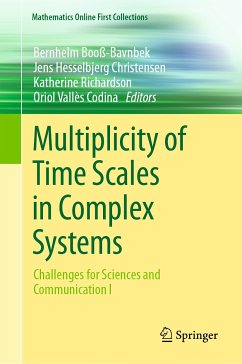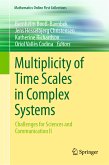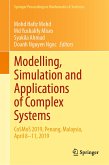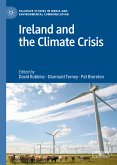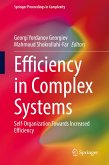Self-organizing, out-of-equilibrium, ever-evolving systems are ubiquitous in the natural and social world. Examples include the climate, ecosystems, living cells, epidemics, the human brain, and many socio-economic systems across history. Their dynamical behaviour poses great challenges in the pressing context of the climate crisis, since they may involve nonlinearities, feedback loops, and the emergence of spatial-temporal patterns, portrayed by resilience or instability, plasticity or rigidity; bifurcations, thresholds and tipping points; burst-in excitation or slow relaxation, and worlds of other asymptotic behaviour, hysteresis, and resistance to change.
Chapters can be read individually by the reader with special interest in such behaviours of particular complex systems or in specific disciplinary perspectives. Read together, however, the case studies, opinion pieces, and meta-studies on MTS systems presented and analysed here combine to give the reader insights that are more than the sum of the book's individual chapters, as surprising similarities become apparent in seemingly disparate and unconnected systems. MTS systems call into question naïve perceptions of time and complexity, moving beyond conventional ways of description, analysis, understanding, modelling, numerical prediction, and prescription of the world around us.
This edited collection presents new ways of forecasting, introduces new means of control, and - perhaps as the most demanding task - it singles out a sustainable description of an MTS system under observation, offering a more nuanced interpretation of the floods of quantitative data and images made available by high- and low-frequency measurement tools in our unprecedented era of information flows.
Chapter "Multiplicity of Time Scales in Blood Cell Formation and Leukemia" is available open access under a Creative Commons Attribution 4.0 International License via link.springer.com.
Dieser Download kann aus rechtlichen Gründen nur mit Rechnungsadresse in A, B, BG, CY, CZ, D, DK, EW, E, FIN, F, GR, HR, H, IRL, I, LT, L, LR, M, NL, PL, P, R, S, SLO, SK ausgeliefert werden.
Hinweis: Dieser Artikel kann nur an eine deutsche Lieferadresse ausgeliefert werden.

